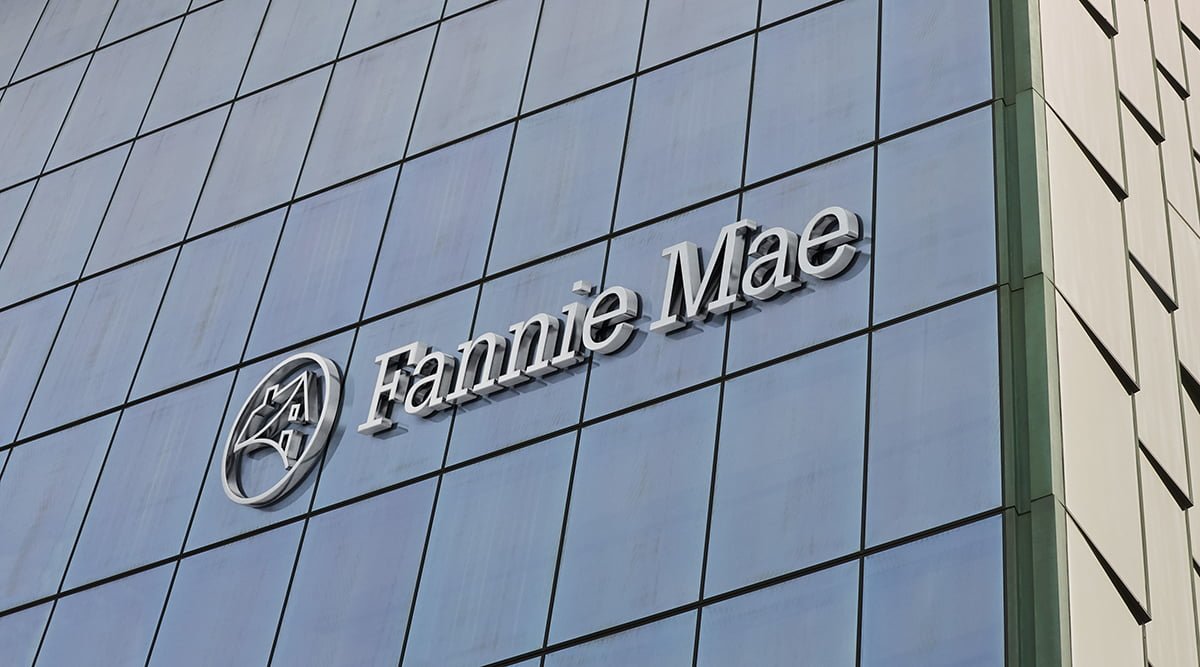The drama involving Fannie Mae and Freddie Mac continues this week with a new round of hearings about the affordability of housing in the U.S. We’re also seeing two distinct views which may be confusing onlookers. One side says the net worth sweep, which bypasses junior preferred shareholders’ dividends and sweeps the GSEs’ profits into the Treasury, has been eliminated, while the other says it has not been, so which is it?
Hearings this week
In a note this week, bank analyst Dick Bove of Odeon Capital offered commentary on the hearings that were held before the Financial Services Committee in the House of Representatives. He describes the comments pertaining to the GSEs as “devastating” and “horrifying to owners of the stock in these two companies.”
Q3 2019 hedge fund letters, conferences and more
Bove emphasized that none of the three men who spoke offered any plans or timetables for releasing Fannie Mae and Freddie Mac from conservatorship. Additionally, he said committee participants displayed “strong antipathy toward shareholders in these companies” and even argued at one point “that they should be wiped out.” Further, he said the Treasury secretary said repeatedly that “there was money owed to the United States government and this included the Net Worth Sweep dividends.”
“I have repeatedly argued that the Net Worth Sweep is still in existence and the dividends are still owed to the United States government despite the fact that the two GSEs are hiding the debt on their balance sheets,” Bove wrote. “Secretary Mnuchin absolutely confirmed this view by stating that the Net Worth Sweep dividends still had to be ultimately paid to the government.”
Net worth sweep is only temporarily removed
There has been some disagreement on whether or not the net worth sweep actually remains in place. Tim Pagliara of Investors Unite maintains that it’s over, and he explained why he believes this in an email to ValueWalk.
“FHFA Director Calabria took the first step in ending the Net Worth Sweep when announcing in late September there would be a temporary end to the Sweep,” Pagliara wrote. “For now, the Sweep is cancelled, and the GSEs are allowed to maintain a combined $45 billion, up from $3 billion each, in capital.
However, while Calabria has started the process of ending the net worth sweep, nothing permanent has been done.
“Additional, concrete steps are needed to make this move permanent,” Pagliara added. “As stated by each witness in Tuesday’s hearing, the desired next step is for Congress to act on a permanent housing finance solution that protects taxpayers and maintains a stabilized housing market.”
Further disagreement
In another note today, Bove argued again that the net worth sweep is still in place. He said many believe the Fifth Circuit Court ended the net worth sweep. However, he said the court wants the sweep re-evaluated, although it did not end it.
“It is in existence today with the same power that it had when it was written in 2012,” Bove wrote.
He also disagrees with the view that the Treasury might allow the government’s senior preferred shares in Fannie Mae and Freddie Mac to be declared paid in full due to the dividends paid under the net worth sweep. Bove pointed to public comments from the Treasury secretary, who said the U.S. government is a creditor of the GSEs and must be repaid. He added that Fannie and Freddie owe the principal and the original 10% dividend payments to the government, and what has been paid so far doesn’t cover both of those.
Bove also said the GSEs will continue the net worth sweep but pay the required dividend in preferred stock instead of in cash. The payments won’t be reflected on their balance sheets, but they will appear in their income statements.
“In my view, it is totally dishonest to suggest that these companies are being allowed to build their retained earnings and not show their increased obligations on the senior preferred,” he wrote. “If the companies must repay the senior preferred, at some point, the companies are not increasing their retained earnings.”
Bove still advises investors to sell common shares of Fannie Mae and Freddie Mac and hold their preferred shares, but not necessarily buy them.
This article first appeared on ValueWalk Premium






